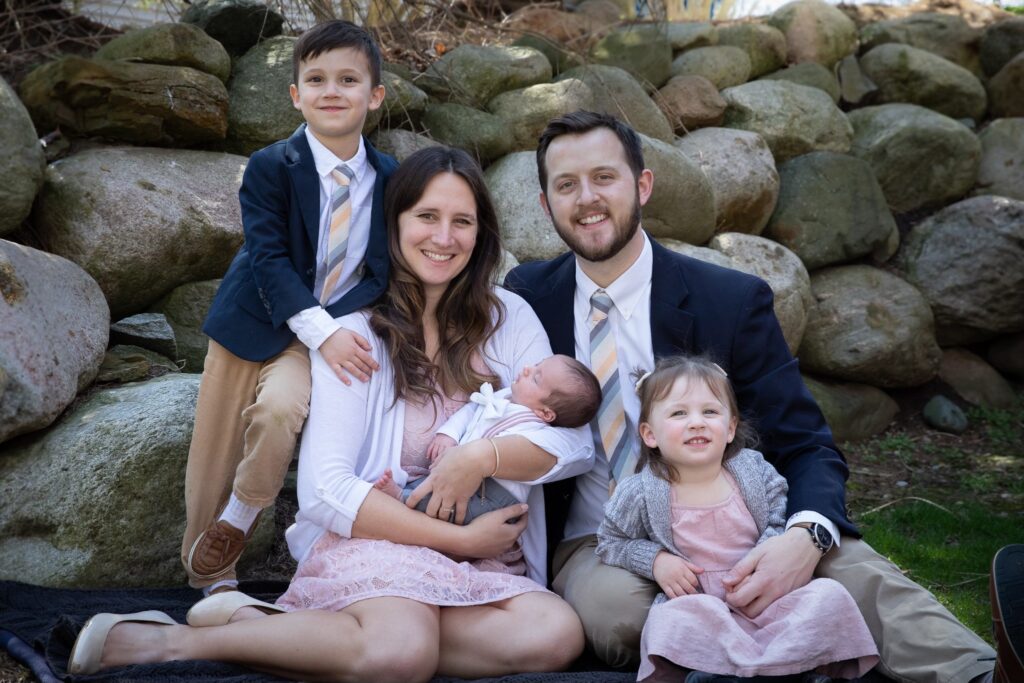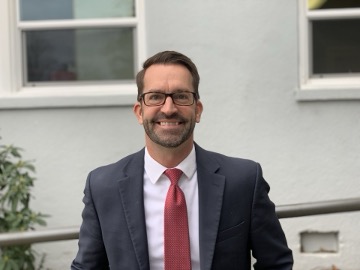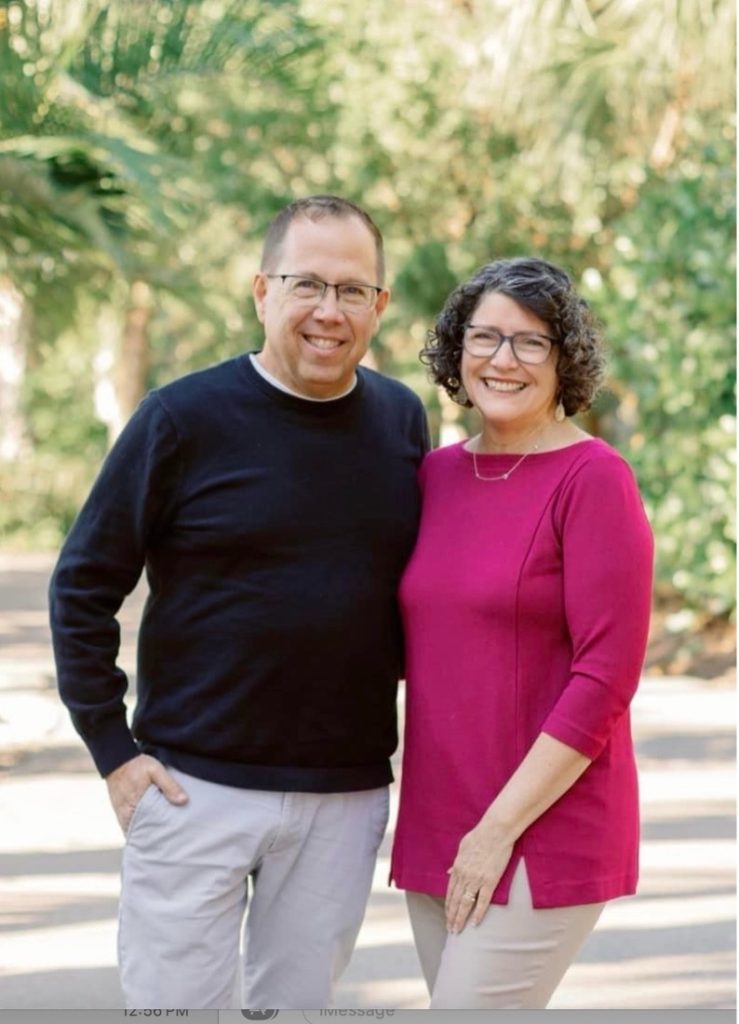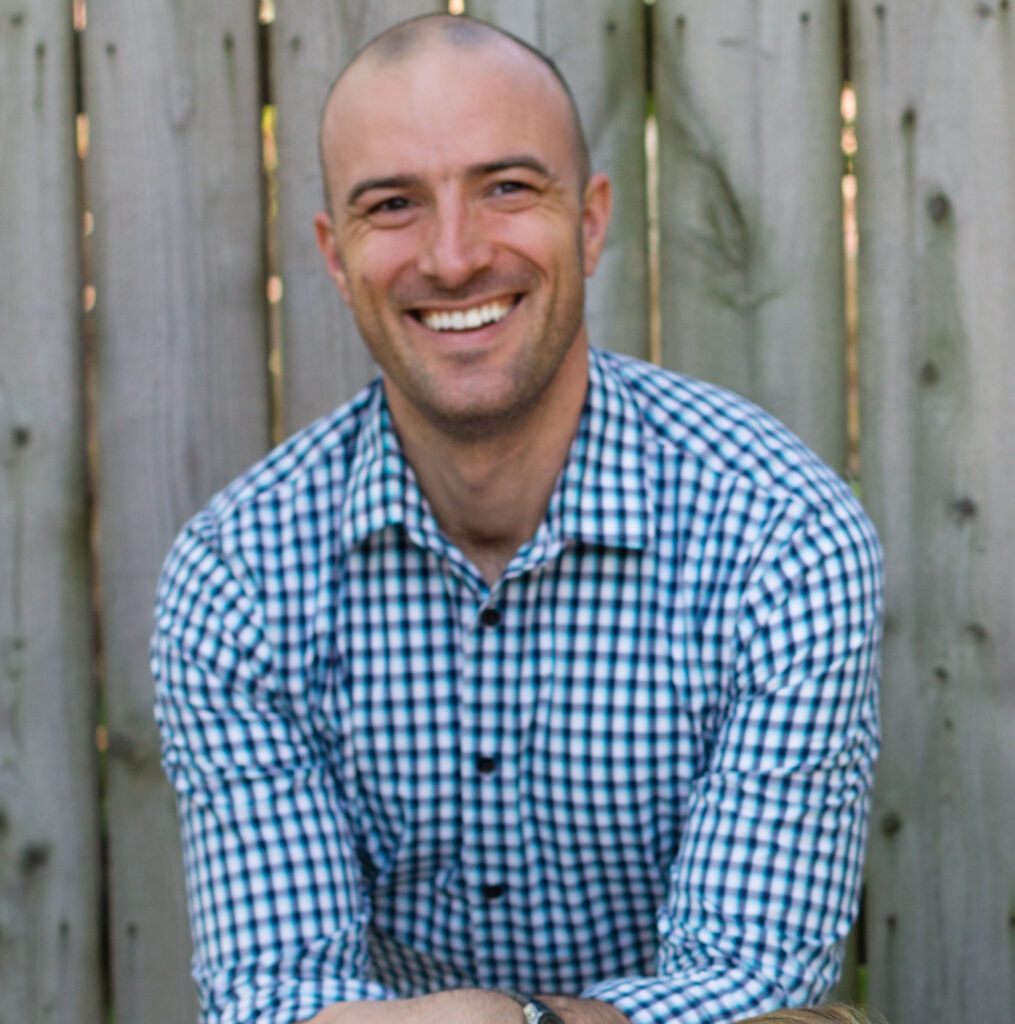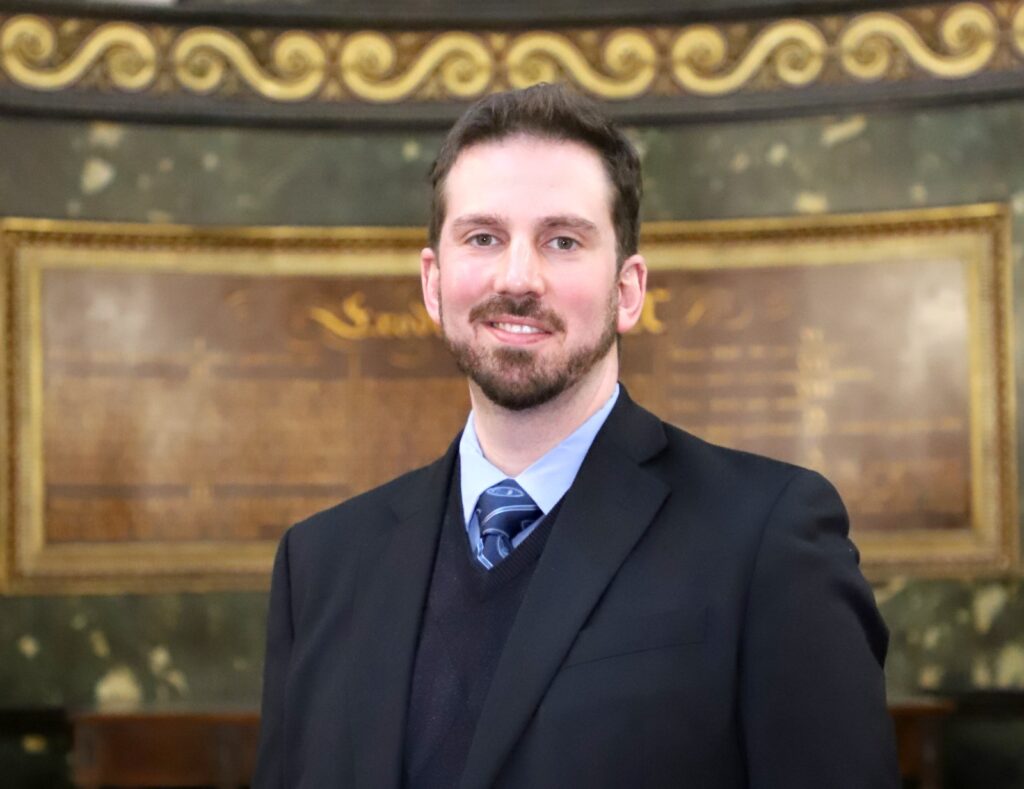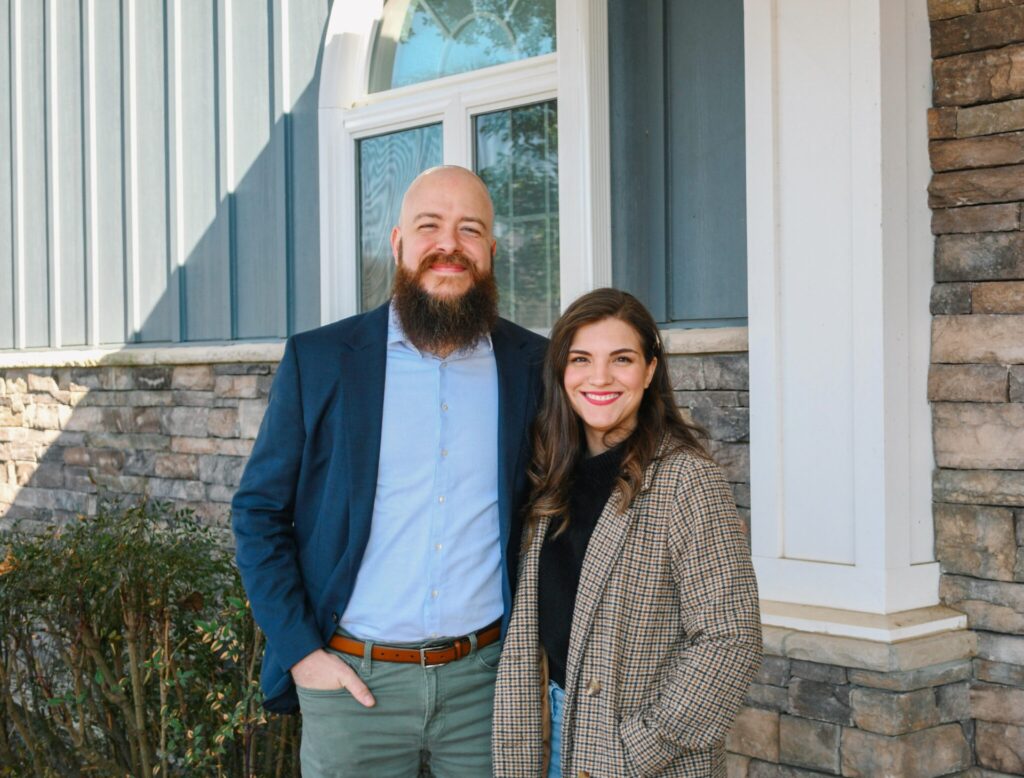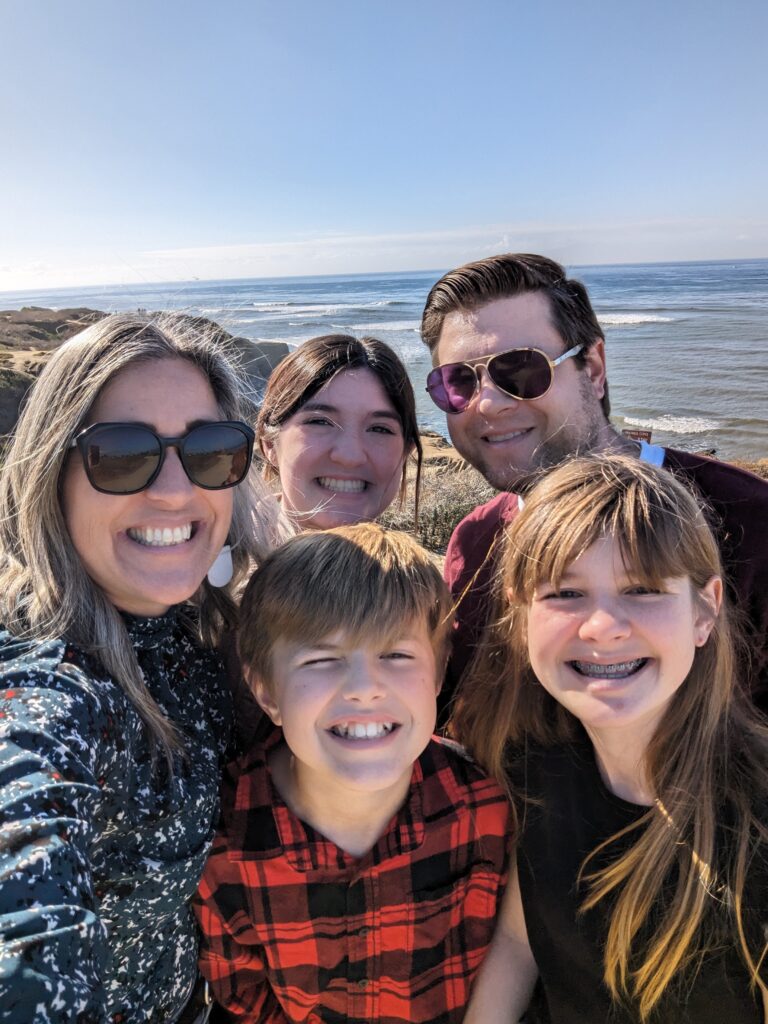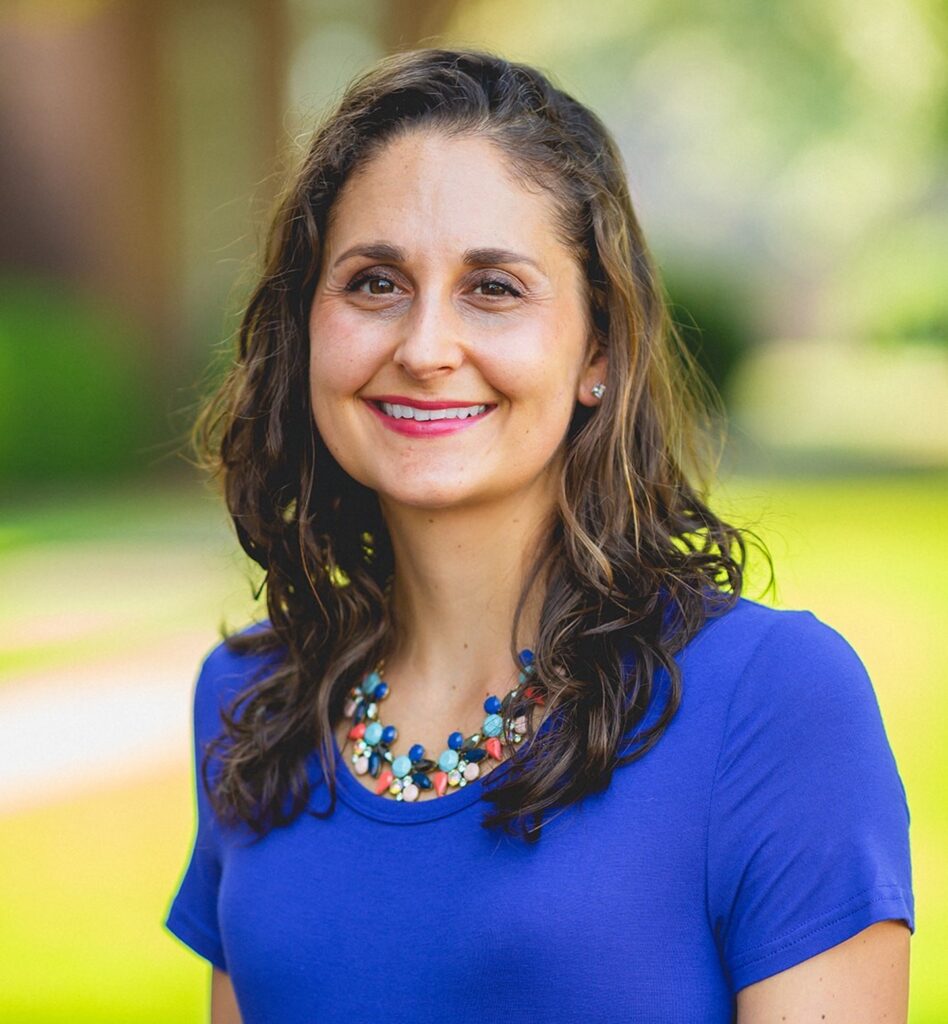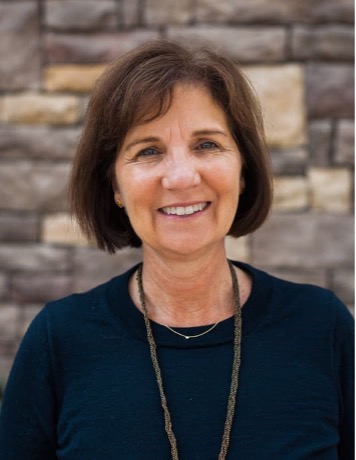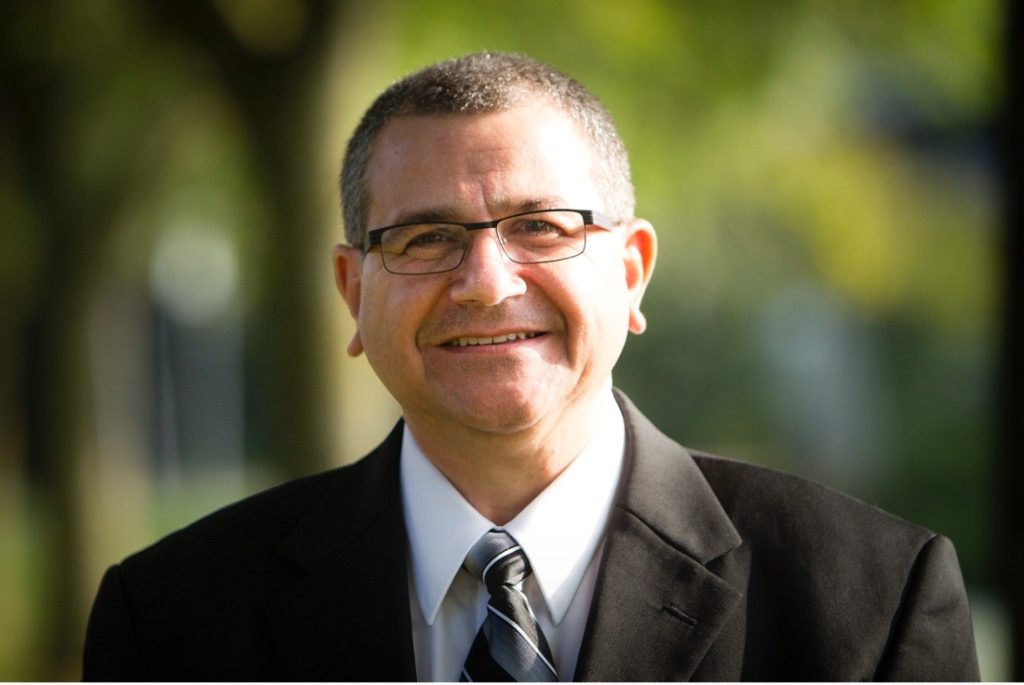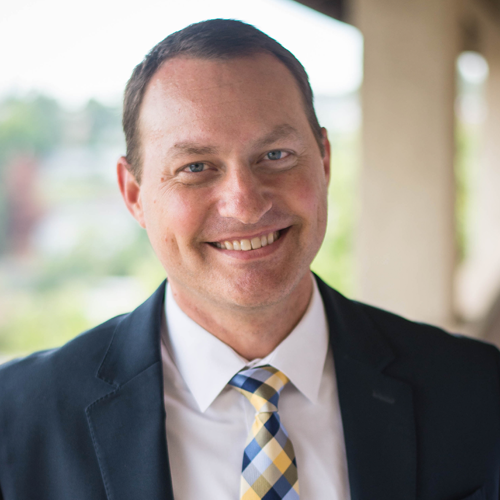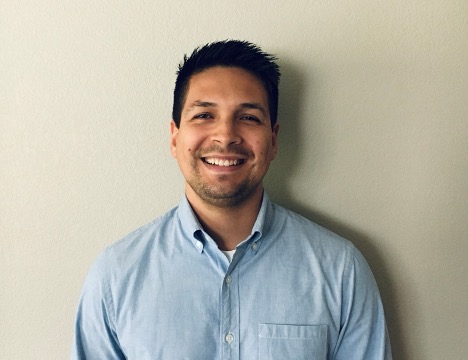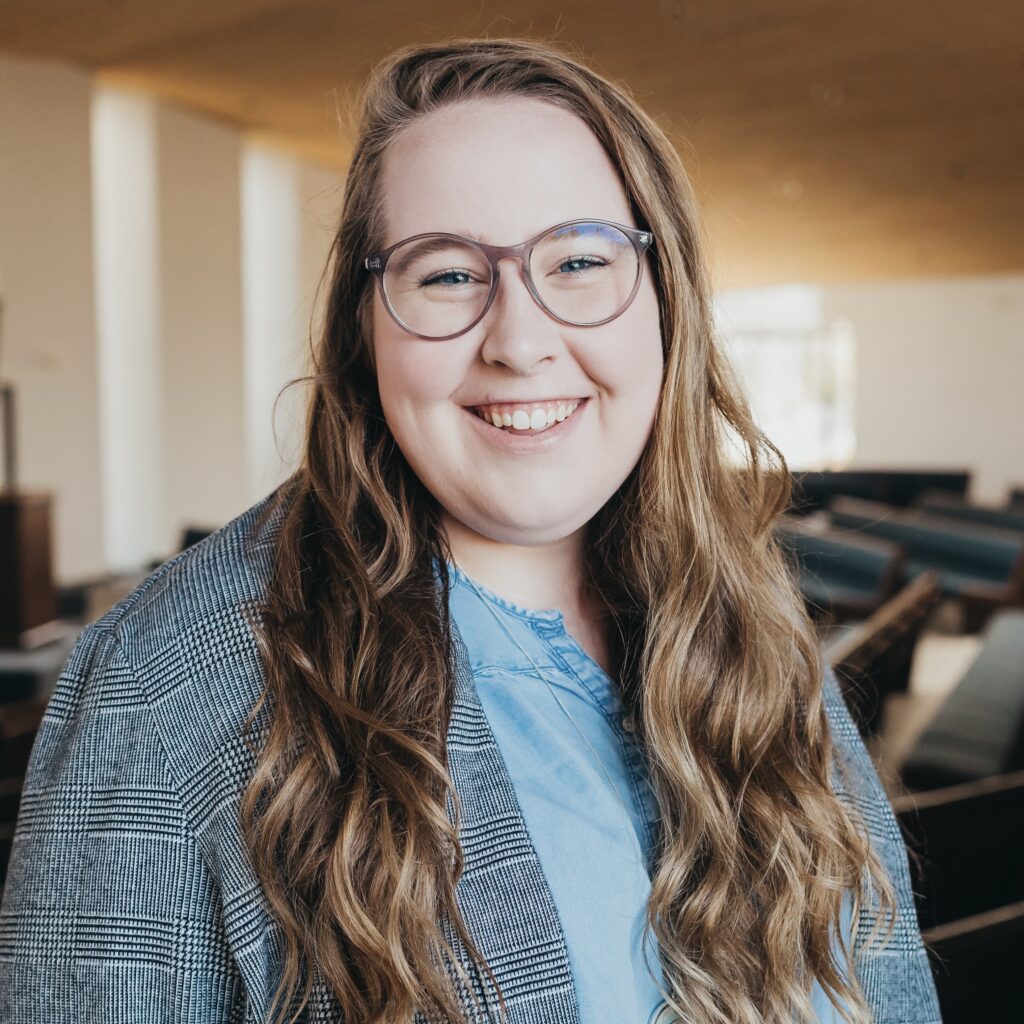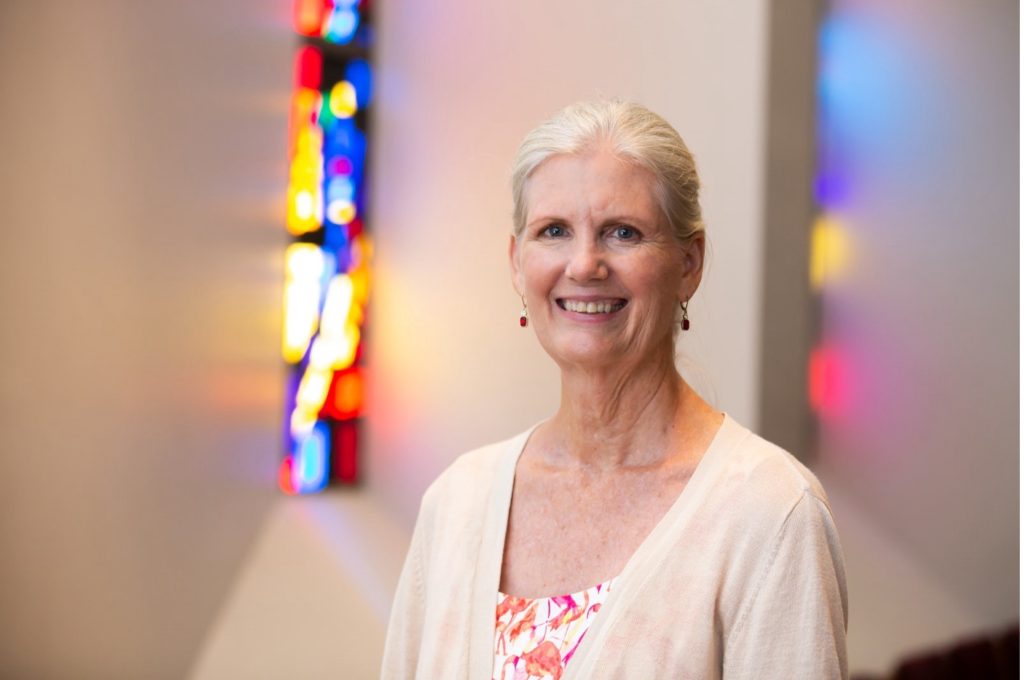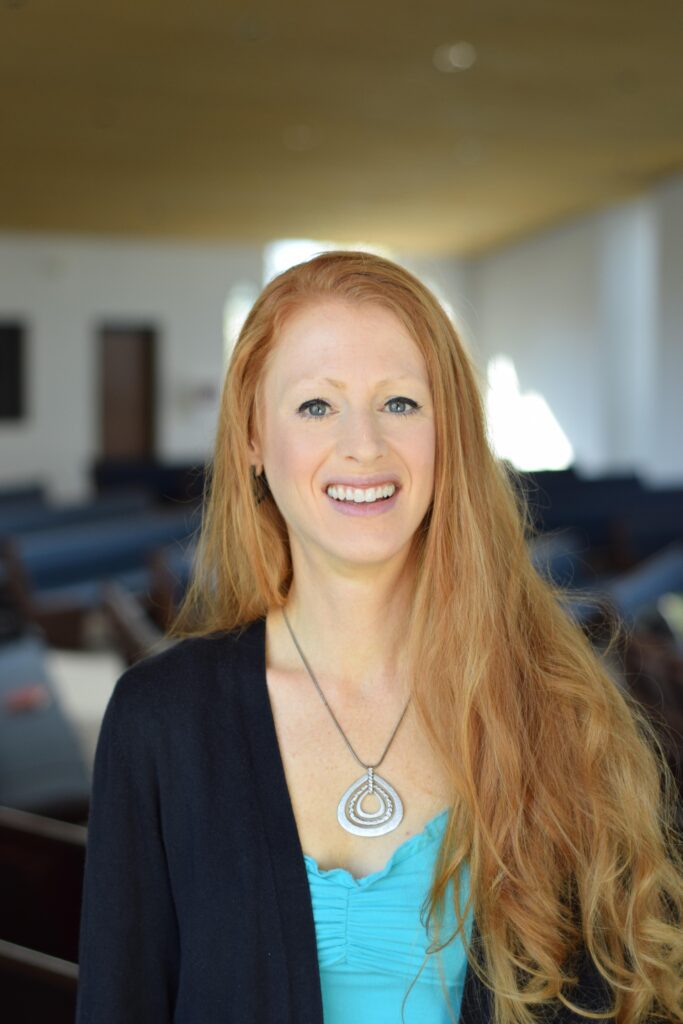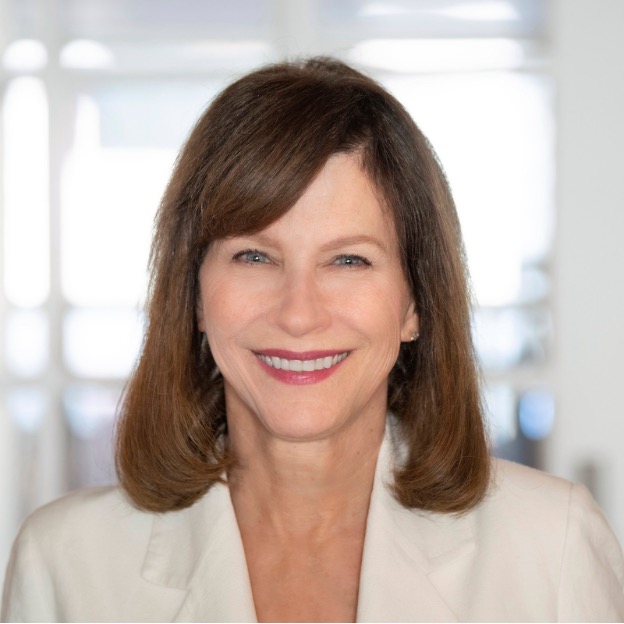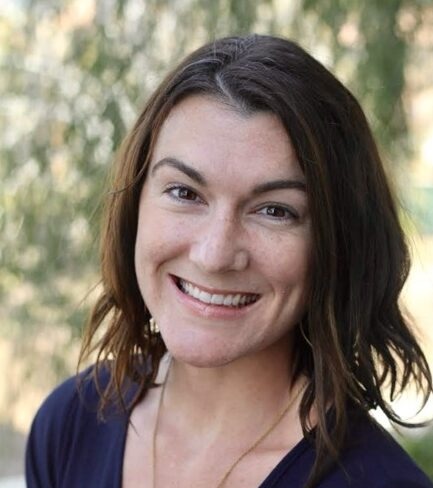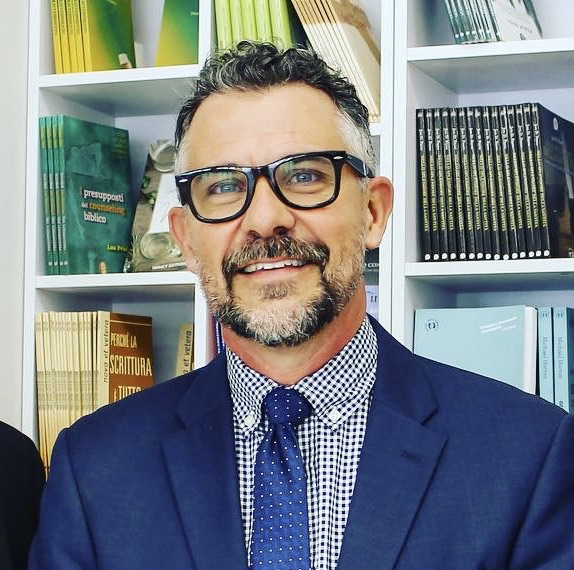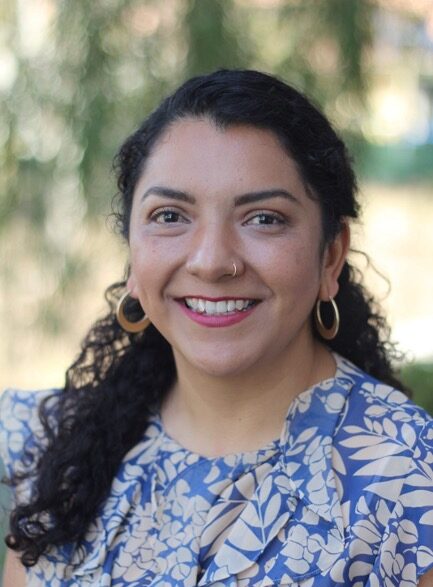Meet Some Students
Current Students
Hear what our students have to say about their experience at Westminster Seminary California.

“The community here is both shoulder-to-shoulder and face-to-face; there is profound unity in our kingdom-minded purpose that heartens us onwards as siblings in Christ. It is a true gift getting to closely witness the growth of my brothers into their roles as future ministers of the gospel. Our interactions inside and outside the classroom add invaluable depth to my experience here, and I have felt my voice as equally welcome in this community of learners.”
–Hannah Huyck (MATS Student, Class of 2025)
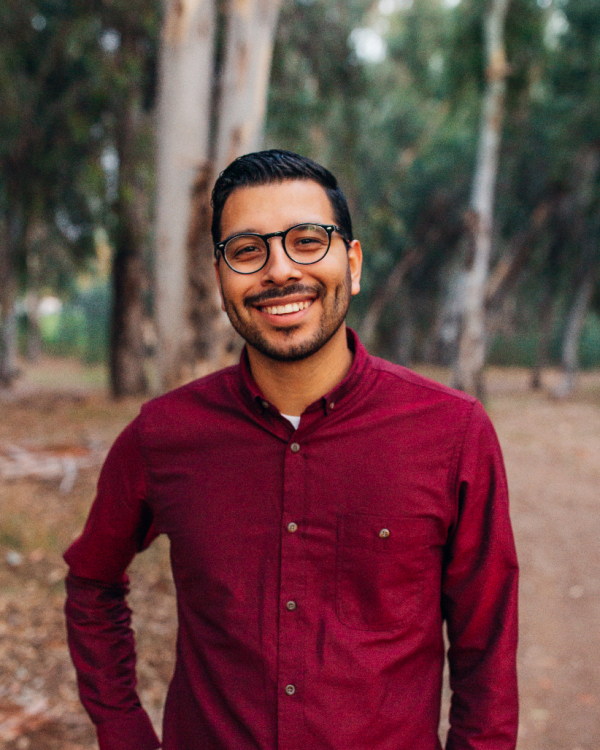
“One of the biggest draws for me was the quality of the faculty. We have accomplished scholars, who are also practitioners with decades of experience. Our professors desire not only academic excellence, but a heart of service for Christ and his Church. The faculty are the first to demonstrate that these two pursuits are not mutually exclusive.”
–Eddie Mercado (MDiv Student, Class of 2025)

“As a future minister to the Korean American church, I know that what my people will need from me is the pure, unadulterated message of the gospel, proclaimed to them with accuracy and fervent love. I cannot think of a better place than Westminster Seminary for shaping me into such a minister, with its emphasis on the original languages and solid, confessional teaching, all rooted in the love of Christ expressed in his gospel.”
–David Oh (MDiv Student, Class of 2026)
ALUMNI
Master of Divinity
ALUMNI
MA in Historical Theology
ALUMNI
MA in Theological Studies
ALUMNI
Dual Degree Programs
Let us know what you’ve been up to since graduation!
If you are a WSC grad and would like to provide us with an update for this page or would like to be added, please use the link below to fill out the form.



